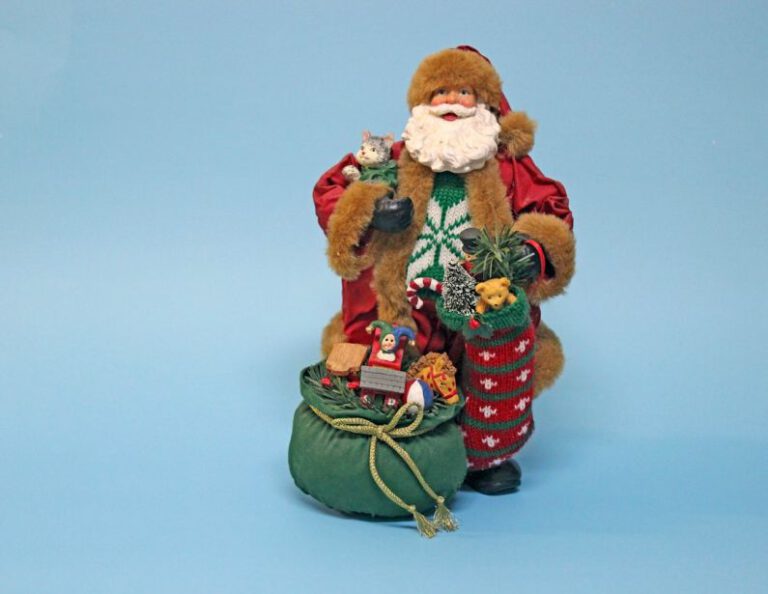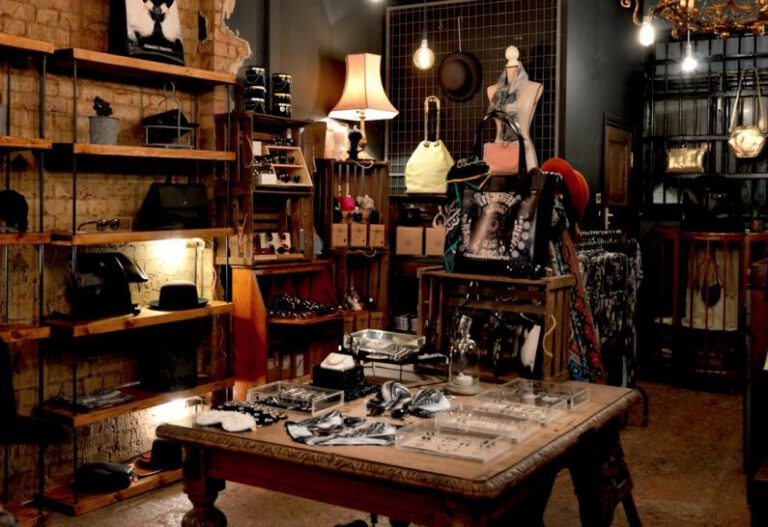How to Identify Ethical Brands?
In today’s world, where sustainability and ethical practices are becoming increasingly important, it can be challenging to identify which brands are truly ethical and which ones are just greenwashing. With so many companies claiming to be environmentally friendly and socially responsible, it’s crucial to have a clear understanding of what makes a brand truly ethical. In this article, we will explore some key factors to consider when trying to identify ethical brands.
Transparency in the Supply Chain
One of the essential aspects of an ethical brand is transparency in its supply chain. Ethical brands are open and honest about where their products are sourced, how they are manufactured, and who is involved in the process. They provide information about their suppliers, factories, and the working conditions of their employees. By being transparent, these brands show their commitment to fair labor practices and environmental sustainability.
Certifications and Third-Party Audits
Look for brands that have obtained certifications from reputable organizations. Certifications like Fairtrade, Organic, and B Corp indicate that a brand has met specific standards related to social and environmental responsibility. These certifications are awarded by independent third-party organizations, ensuring the brand’s credibility. Additionally, brands that undergo regular audits by these organizations demonstrate their commitment to maintaining ethical practices.
Sustainable Materials and Production Processes
Ethical brands prioritize the use of sustainable materials and production processes. They strive to reduce their impact on the environment by utilizing renewable resources, minimizing waste, and practicing energy-efficient manufacturing. Look for brands that use organic or recycled materials, promote circular economy principles, and have implemented measures to reduce carbon emissions and water consumption.
Animal Welfare
Another aspect to consider when identifying ethical brands is their stance on animal welfare. Ethical brands avoid using animal-derived materials and ensure that no animals are harmed or exploited in their production processes. They may use cruelty-free alternatives and support initiatives like veganism and the banning of animal testing. Look for brands that are transparent about their animal welfare policies and have obtained certifications such as Leaping Bunny or PETA’s cruelty-free logo.
Social Impact and Community Engagement
Ethical brands go beyond just producing sustainable products; they also have a positive social impact and actively engage with their communities. Look for brands that prioritize fair wages and safe working conditions for their employees. Some brands even invest a percentage of their profits in community development projects or support charitable causes. By supporting these brands, you are not only contributing to environmental sustainability but also to the well-being of communities.
Consumer Reviews and Reputation
While certifications and transparency are vital, consumer reviews and reputation can also provide valuable insights into a brand’s ethical practices. Look for feedback from other consumers who have used the brand’s products or services. Online platforms and social media can be excellent resources for finding honest reviews and discussions about a brand’s ethical credentials. However, it’s important to consider the source and credibility of the reviews before making a judgment.
Conclusion: Making Ethical Choices
Identifying ethical brands requires a thorough examination of various factors, including transparency, certifications, sustainable practices, animal welfare, social impact, and reputation. By considering these aspects and doing your research, you can make informed choices and support brands that align with your values. Remember, being an ethical consumer is not just about buying products; it’s about supporting companies that prioritize people, the planet, and sustainable practices. So, the next time you make a purchase, take a moment to think about the brand behind the product and the impact it has on the world.






